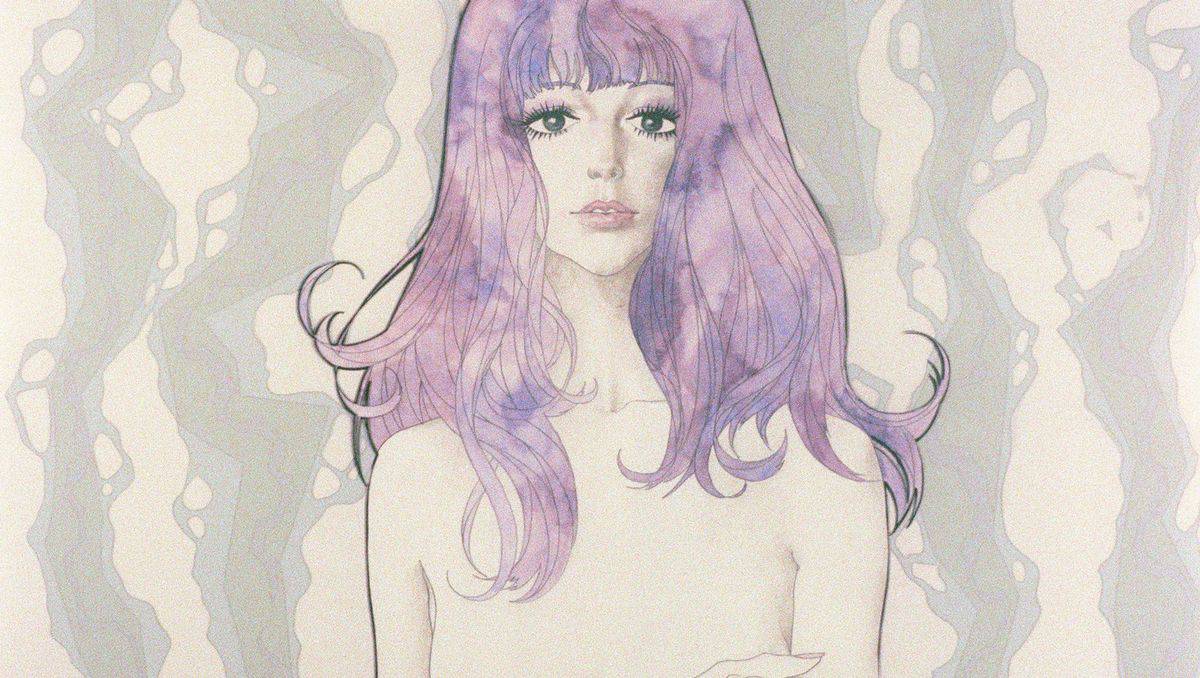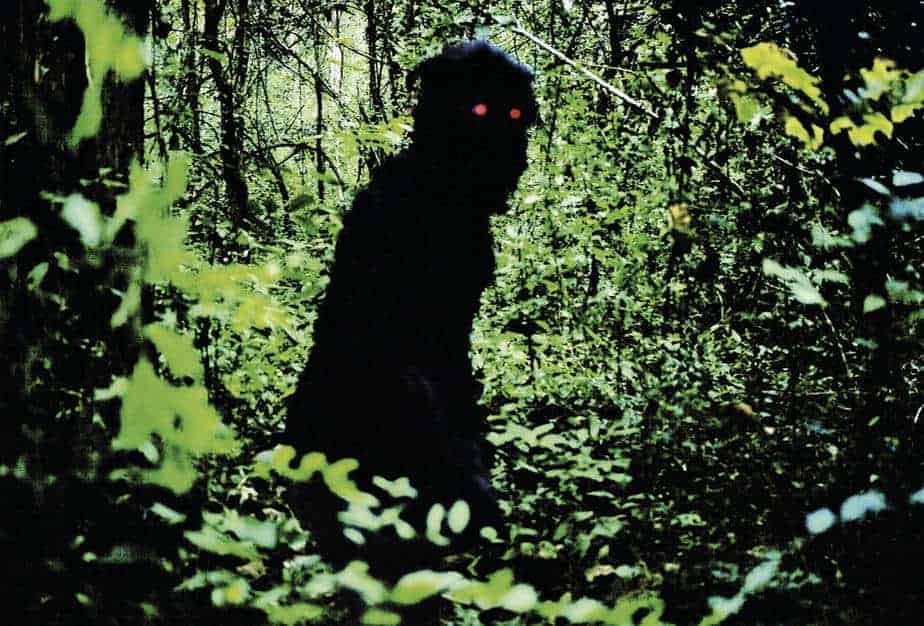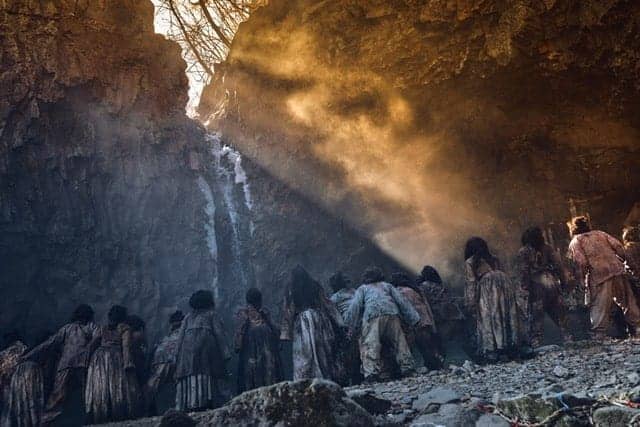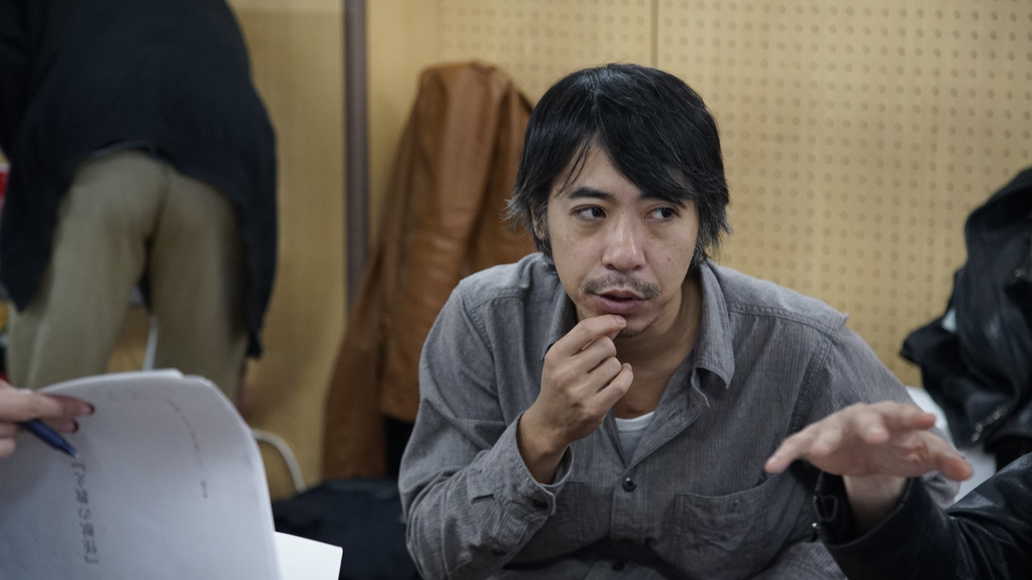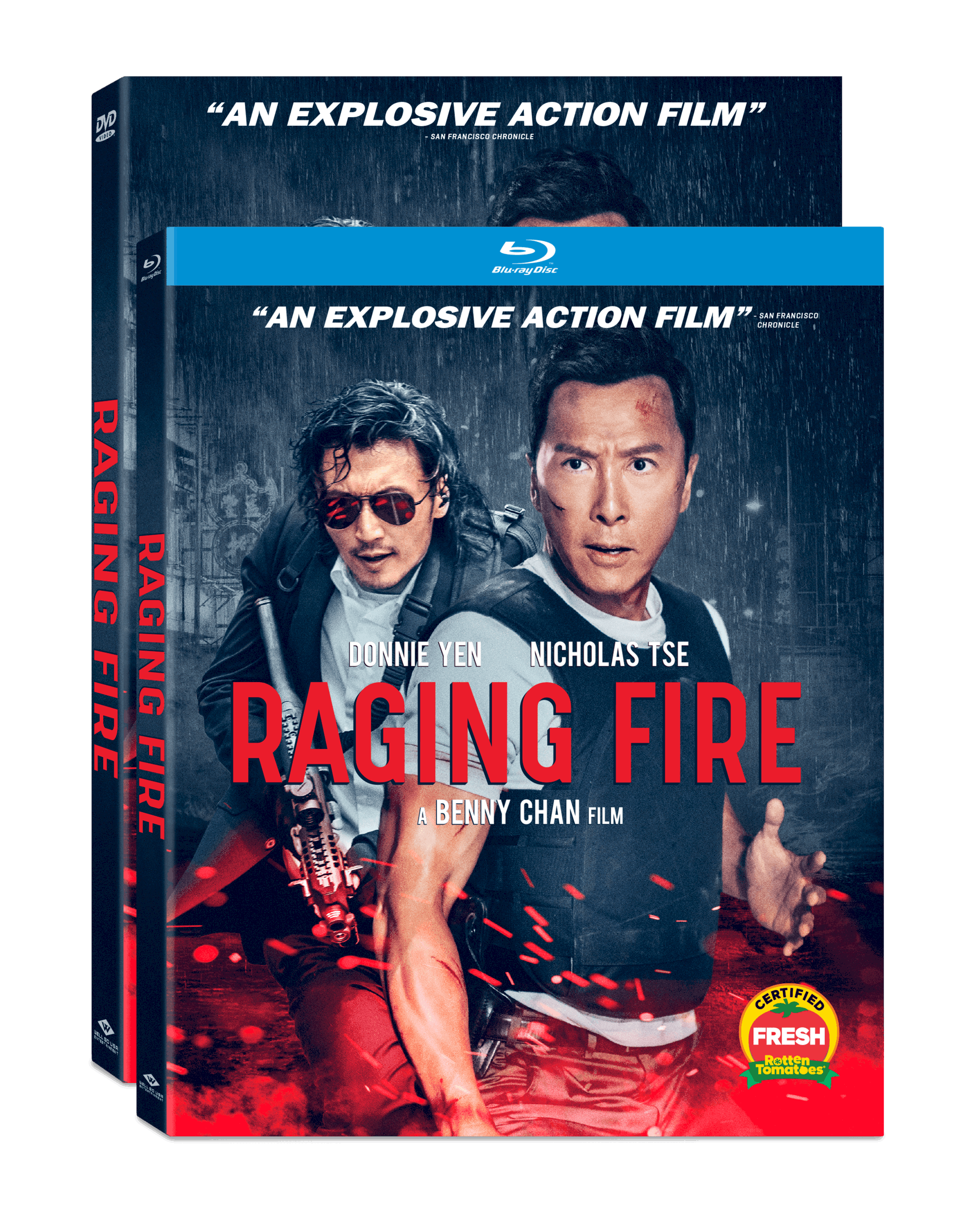Pan Nalin is a writer, director, and producer of narrative and non-fiction films. He is best known for directing award-winning works, such as “Samsara” (2001), winner of awards at AFI Fest and Melbourne International Film Festival; the documentary “Ayurveda: Art of Being” (2001); and “Valley of Flowers” (2006).
Richa Meena started her career in 2012, when she faced the camera for the first time as an extra in a movie shot in Rajasthan. She was spotted by a few filmmakers from Nat Geo Traveller. After a few rounds of audition, she bagged the role of Mumtaz Mahal in Secrets of the Taj Mahal. Richa then moved to Mumbai and worked in films like Shoojit Sircar's Running Shaadi that starred Taapsee Pannu, Mardaani 2 with Rani Mukerji and several short films that toured national and international film festivals. Though the young actress has been in the industry for about a decade, the fame is finally coming to her way with her latest Pan Nalin directed Gujarati film, “Last Film Show”.
Bhavesh Shrimali is an actor, singer, song writer and composer, and mimicry artist.
On the occasion of “Last Film Show” screening at the Red Sea International Film Festival, we speak with them about the story of the movie, working in the movie industry, digital and analogue film, and other topics.
Last Film Show screened at Red Sea International Film Festival
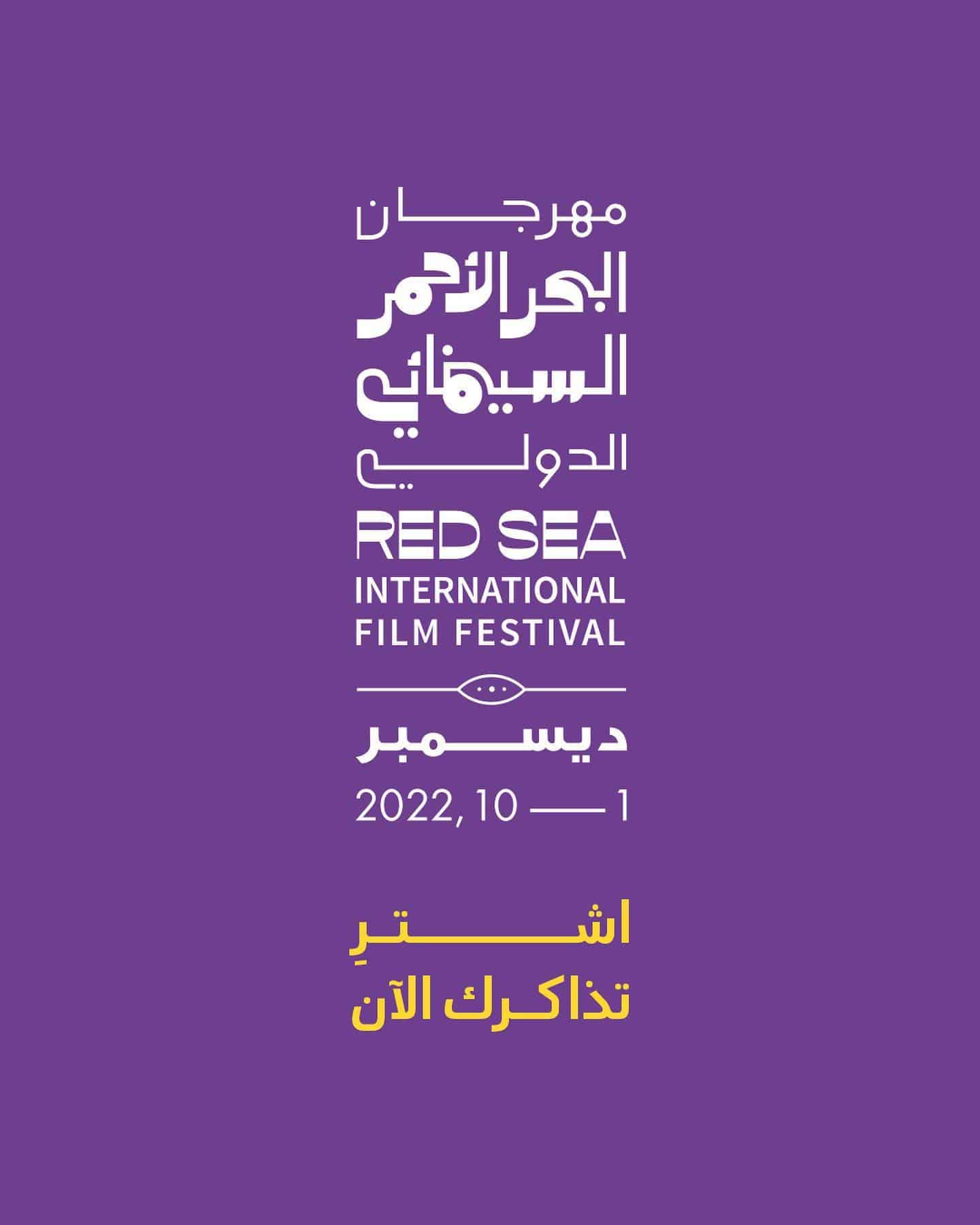
How would you feel if the child who is the protagonist of the movie was your child in real life?
Bhavesh Shrimali: I would have been very happy, because he is very passionate and if he puts his mind onto something, he makes sure that he learns it and he achieves it.
Richa Meena: I would only want a child like that. I don't want simple kids or ones that are easy to talk to. I want kids who go out, explore, learn and grow. Because when one member of the family grows, the whole family grows. You can see how this man (pointing at director Pan Nalin) has grown, because we have also grown, his extended family. It is due to this man that we are here now, and who knows what kind of experience we will have just because a child like him (meaning the director when he was a kid, since the movie is based on his childhood) existed in the past. That is why I want a child like that in my family.
How close to reality is the story presented in the film?
Pan Nalin: Very close. Most of the film is very close to my reality. I used to have a childhood friend called Mohammed, and he was a projectionist. I had befriended him, I used to swap my lunchbox with him, and he would let me watch movies for free. So, all that really happened. My father had a tea stall all the way till 2010, because even though we were doing well, he still wanted to continue to run it. That is where I grew up, that is where I fell in love with cinema, without knowing how it is to make films, how they are made, who makes them, what does a director do. I had no idea, I just watched movies that were popular in Indian cinema and that is all I wanted to do. The film is a story inspired from my childhood as well as my friend who was a projectionist, the later half of the movie. It was so much so that we almost ended up shooting in the same region where I grew up, in Gujarat, a region called Kathiawar. Sasan Gir sanctuary is in that area, it is the bordering village and has lions and deers and a lot of animals, it is the last surviving home of the Asiatic lion. There is a train station that the British started and is still running now. So we realized it would be better to shoot the movie around where I grew up. It was that close to my reality.
Check out the review of the film
Do you miss the analog era in film, now that all is digital?
Nalin: I don't miss it, because as a director, I believe in embracing the change. This is also what I try to do in the film, I don't have a sentimental approach. Analogue film is gone but something new is coming, something new is being reborn. That is what the climax of the film is about, about rebirth and change. As a storyteller, what is really important is that when we make cinema, the most important qualities are sound and light. Whatever forms come in the future, we had celluloid, now we have digital, maybe we will have something else in the future.
Virtual reality maybe?
(laughter) Yes, maybe. Whatever you do, the story of “The Last Film” will always remain fundamental because it will always be about capturing the light. Whether you have digital, or film, or virtual reality, chances are that you will need to catch the light. You will need a device to catch the light, you will need a lens to catch the light and once you have a lens, you will need something to control the light, an aperture. And then you will need to cut the light, you will need a shutter. And then the last device is the recording device, where we record the light. That used to be film, now it is digital, maybe it will be 3D next or virtual reality or something else. I feel in a sense, it is still the same, it is not such a big change for storytellers.
The movie shows the beauty of cinema, but also the difficulties of filmmaking. How is it for you though, working in the particular industry?
Meena: I love my job, also when I am not on set because that is the most important time, since that is when I improve myself, when I analyze how I can improve. You need to have so many skills as an actor, you need to be a good human being, you need to work on your core. I am happy when I am on set because you are surrounded by so many amazing people and you are creating something. And whenever you are creating something, it is like magic. You also travel, and live characters and you go through emotions, emotions that you would probably never get to experience. For example Baa has given so much to me, I keep telling Pan that he will never understand how much Baa gave to me, because she was so deep as a person, she was satisfied having nothing because essentially she has everything. Of course, I am not looking for anything else, I am just enjoying this journey and I am excited about where this journey will take me.
Bhavesh Shrimali: Everyone is an actor in their own lives. In the case of “The Last Film Show” what Nalin wanted from me was not Bhavesh, but the projectionist. For that, to tap into the energies of Fazal the projectionist, I had to dive deep, and I turned towards meditation. I would take workshops with our casting director and Nalin, and whatever they would tell me during these workshops, I would go back into my room and then I would meditate upon, what it means and how can I proceed with this. One time I asked if I could go back to my home, and they told me I was not allowed, because otherwise I would lose Fazal and I will come back as Bhavesh, and they didn't want Bhavesh.
Nalin: I absolutely love the path I have chosen as a filmmaker. The only and most difficult part for a filmmaker like myself is the economic side. There are constant forces changing how films are shown, exhibited, marketed. That is beyond my control and it is very frustrating. I know, I am totally confident that I can make a good film with my skills and craft, action, horror, superhero, anything. I know that If I fall in love with the story and character, I will try to do as decent a job as possible, a good film. However, after that, everything is beyond my control and that part is very difficult to live with. Because it is manipulated by big studios, streaming platforms, stars, and so many forces governing what you do in your solitude.
How much did this film cost?
Nalin: 1.3 million dollars. We were lucky that during the pandemic, although it didn't have a studio, a streamer or a star to back it up, the big three SSS as I call it, were missing, we had a huge asset, which is the story.
You could say something about the actors too.
Nalin: (laughter) We have great actors yes (everybody laughing)



